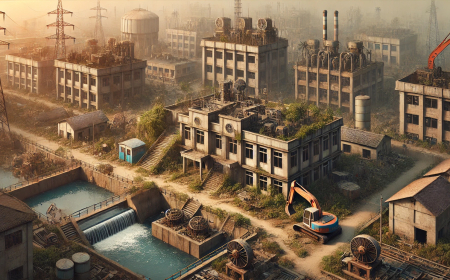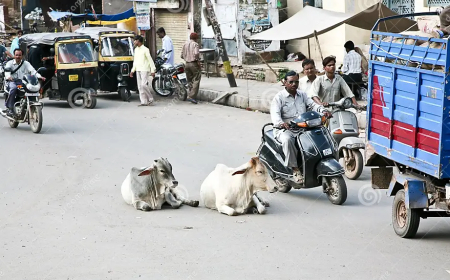5 Government Programs We’d Do Better (and Cheaper) Ourselves
Explore how privatizing key government services like roads, healthcare, and education could result in faster, cheaper, and more efficient outcomes. Discover why we should embrace a market-driven approach to infrastructure, welfare, and more in India.
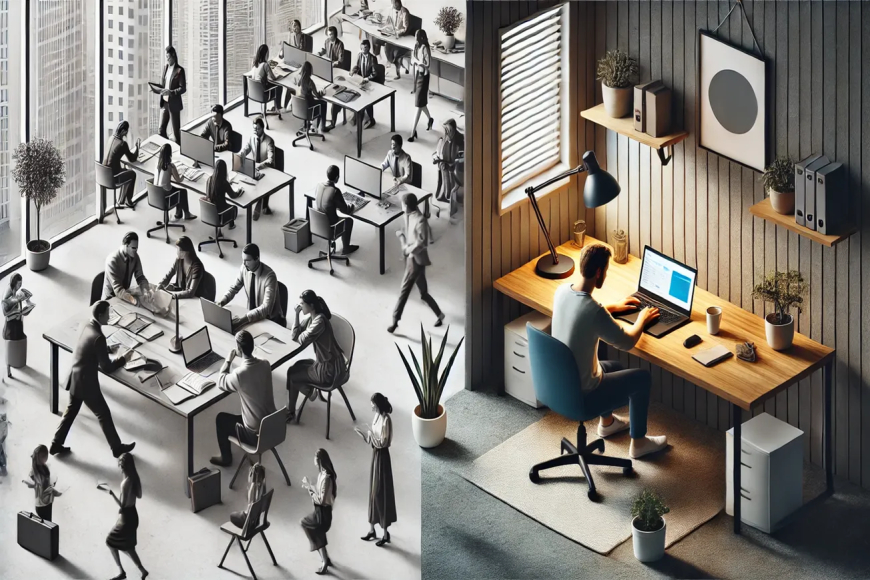
Let’s face it: we’re no strangers to the government’s overzealous attempts to “help.” Whether it’s infrastructure, welfare, or even something as mundane as road repairs, government programs in India often seem stuck in a time warp. But what if we could just… skip all the red tape and let the free market work its magic? Here’s how we’d do it better (and cheaper) without the endless forms, approvals, and delays:
1. Roads (Uber for Roads, Anyone?)
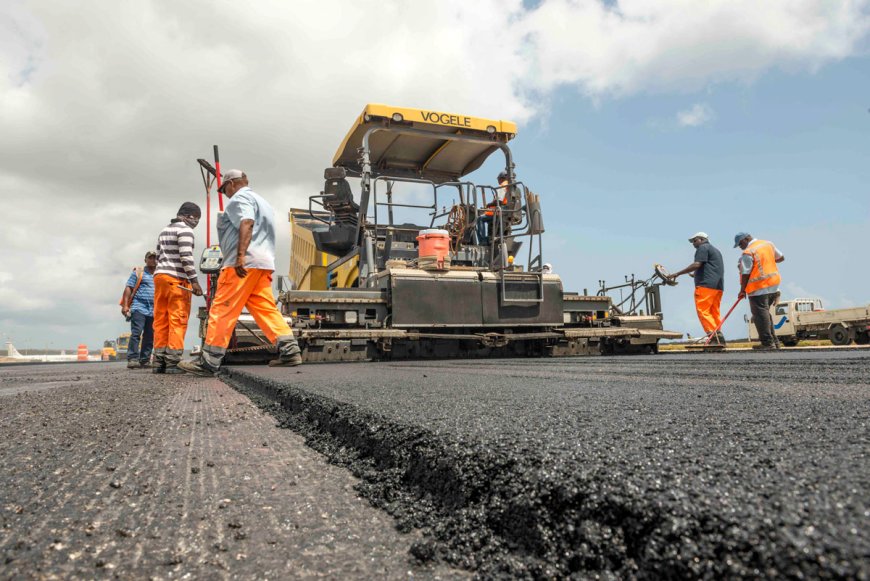
Why do we need the government to fix roads when we can have Uber for Roads?
Picture this: a private company, not bogged down by bureaucracy, repairs roads in record time. You report a pothole on an app, and within hours—BOOM—it's filled. No more waiting for months for a tender process to happen. It’s customer-centric, it’s fast, and it doesn’t leave you wondering if you’ll get your car stuck in a pothole while driving to work. With multiple private players in the mix, competition would mean better roads for everyone.
2. Healthcare (Private Healthcare with Instant Service)
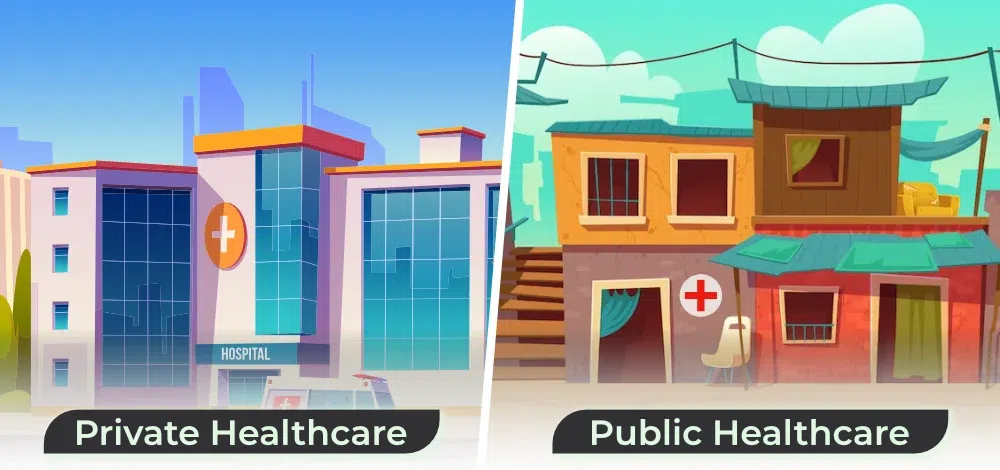
Let’s be real. The public healthcare system is a mess. We’ve all been there—waiting in lines that stretch endlessly, with doctors who barely have time to see you.
What if we handed over healthcare to the private sector?
Think of a world where you could book a doctor's appointment like an Uber ride—no waiting, no endless paperwork, and doctors competing to offer the best service to keep you coming back. With the private sector incentivized to deliver quality care, costs would likely decrease too. It’s about time we demand a healthcare system that actually works for us, not against us.
3. Public Transport (Get on the Bus, or Your Choice)
Buses and trains. The government’s answer to public transport. But when was the last time we saw a bus that wasn’t overcrowded, delayed, or covered in grime?
Imagine a private sector-run system where transportation is efficient, affordable, and not a battle for your life. With apps like Uber already disrupting traditional transport, why not take it to the next level? You choose your bus or train—get a seat, a clean ride, and know exactly when you’ll arrive. The best part? Competing private services will race to provide the best, safest, and most reliable options.
4. Welfare (Simplified & Streamlined)


We all know the government loves its subsidies, but they’re often mismanaged and don’t reach those who need them the most.
What if we cut through the bureaucracy and let private companies manage welfare?
Through targeted initiatives (think food delivery, direct cash transfers, or microloans), the free market can ensure that help gets to the right place—quickly and efficiently. Eliminate the middlemen who turn every rupee into a struggle, and make welfare work for actual people in need, not for politicians trying to stay in power.
5. Education (Private Tuition Meets Public Needs)

India’s education system is an uphill battle—overcrowded classrooms, outdated curriculums, and a one-size-fits-all approach.
Enter the Uber of Education.
Imagine personalized, online, on-demand tutoring for every student, with top-tier educators available at the click of a button. Private schools and ed-tech companies could revolutionize the entire learning experience—offering competitive pricing, diverse learning formats, and the best teaching talent. The government-run institutions? They’d need to up their game or risk being left behind.
The Takeaway: More Innovation, Less Bureaucracy
The government isn’t inherently bad, but we all know it has a special talent for taking ages to implement any changes. If we let the free market take charge, we could be living in a country with better roads, better healthcare, and a more efficient welfare system.
It’s time to stop waiting for politicians to "help" us and start building the future we deserve—one where we can do it better (and faster) ourselves. And who knows? Maybe we’ll even start seeing a few things fixed along the way.
What's Your Reaction?














































